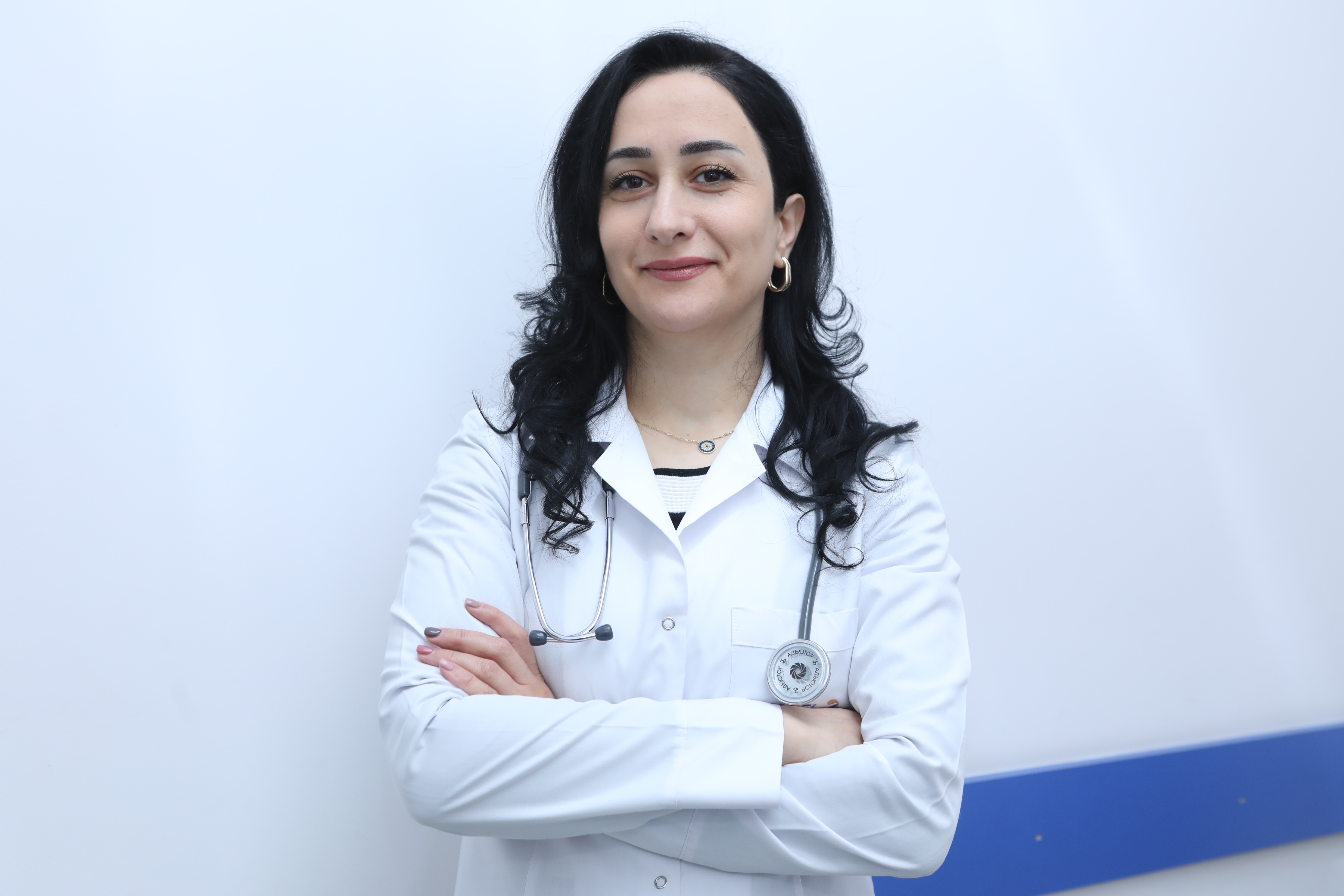


The endocrine system is important for the normal functioning of the body. the role of the thyroid gland is vital, producing iodine-containing hormones (mainly T4 (thyroxine) hormone, to a lesser extent the more biologically active T3 (triiodothyroxine). The role of thyroxine and triiodothyronine in the body begins from intrauterine life and accompanies a person until death, having at different ages different effects.
In intrauterine life, the mammary gland contributes to the normal, normal development of the fetus, mental and physical growth in adolescence, and in the case of adults, it contributes to the body's metabolic processes at the level of fat, protein and carbohydrates, says the endocrinologist of the "Normed" Medical Center in a conversation with Aysor.am . Lilit Ghazaryan.
"In practice, such approaches are common that if no problem is detected by hormonal research, then the gland does not have any problem. However, even with ideal hormonal tests, the patient may have a structural problem, even cancer. Therefore, a final conclusion should be reached as a result of parallel research of hormonal and structural problems," he says.
According to the endocrinologist, nodular cyst is one of the most common structural problems. In the above collective concept, all focal formations of the thyroid gland are understood, the final differentiation of which is given by fine-needle puncture biopsy (passed, safe and informative method).
Diseases accompanied by hormonal disorders are often found in the thyroid gland, among which diffuse toxic goiter or Graves-Bazedov's disease are quite common. It is an autoimmune disease (the body recognizes its own thyroid gland as a foreign one), in which antibodies produced against TSH receptors "sit" on the corresponding receptor located on the surface of thyroid cells and overstimulate its work, leading to overproduction of the hormone. The exact causes of this disease are not known (as with all autoimmune diseases). However, contributing factors are stress, viral diseases, heredity, iodine excess, etc.
The symptoms
There is no organ-system that is not included in the process during this disease. The patient may indicate a gradual or relatively acute onset of the disease, during which the following complaints predominate: heart palpitations and rhythm disturbances, which can be observed even at rest and are disturbing especially in case of physical exertion. Increased pressure, headache, anxiety and restlessness, emotional instability/liable state, tearfulness, aggression, sleep disorders, tremors in the body and limbs, weight loss, increased sweating, frequent bowel movements, menstrual cycle disorders in women, libido and decrease in potency in men, sometimes fever (37.0-37.4 °C), etc.
The disease is more common among women, but it has a more severe course in men.
There are three options for the treatment of the disease
1. Conservative or medicinal
2. Surgical (complete removal of the gland)
3. Radiation (use of radioactive iodine)
Endocrinologist Lilit Ghazaryan notes that drug treatment is the most common option, which leads to recovery in up to 20-25% of cases. In case of drug treatment inefficiency or contraindications, alternative methods of treatment are used. The duration of this method of treatment is 1.5-2 years.
During the surgical procedure, a complete removal of the thyroid gland is performed with subsequent replacement therapy.
If the patient refuses the operation and there are contraindications to the operation, they resort to the use of rhodioide.
In any case, it should be noted that the choice of the treatment method is individual and the final decision is made by the attending physician after assessing the patient's wishes and the features/subtleties of the disease.